U.S.-China Confrontation. (Video screenshot)
[People News] On April 2, Donald Trump announced a global tariff plan, setting a 34% reciprocal tariff rate on Chinese goods. In response, the Chinese Communist Party (CCP) announced retaliatory tariffs on April 4—starting April 10, 2025, it will impose an additional 34% tariff on goods imported from the U.S., on top of the current rates.
Trump Is Outraged
On April 4, Trump responded, stating that Beijing had "made the wrong move" and that retaliatory tariffs on the U.S. were something the CCP simply couldn’t afford.
According to a Wall Street Journal report on April 5, Trump’s 34% tariff stunned Beijing, leaving it frustrated, angry, and shocked. Chinese leadership has repeatedly misjudged the situation and made blunders in dealing with the U.S.
Many believe the CCP’s move is akin to "lifting a rock only to drop it on its own foot"—a path to self-destruction.
On Monday, April 7, President Donald Trump issued a warning: if the CCP did not cancel its 34% retaliatory tariff by April 8, the U.S. would impose an additional 50% tariff on Chinese goods, effective April 9.
The report states that on his social media platform, Truth Social, President Trump said that Beijing had added a 34% retaliatory tariff on top of its "record-setting tariffs, non-monetary barriers, illegal corporate subsidies, and long-term large-scale currency manipulation."
“Although I have warned that any country retaliating against the U.S. with increased tariffs, beyond their long-standing abuses, will be met with new and significantly higher tariffs from the U.S., the CCP went ahead anyway,” Trump reiterated. “So, if China does not withdraw its additional 34% tariff by tomorrow (April 8, 2025), the U.S. will impose an additional 50% tariff starting April 9. Furthermore, all negotiations and meeting requests with China will be terminated!”
Beijing’s Six Major Miscalculations and Mistakes
According to the Wall Street Journal and analysis from the program Tang Qing Looks at Current Affairs, Beijing has made at least six key miscalculations since Trump’s return to the White House:
-
Secret Negotiations Backfired
The CCP is accustomed to behind-the-scenes talks, which clash with Trump’s team’s style. As a result, Beijing was repeatedly shut out. Trump’s team even requested to meet with Xi Jinping’s closest associates, like the CCP General Office Director Cai Qi—but Beijing refused, fearing unpredictable political risks. -
Ignoring Trump’s Overtures
Trump had shown goodwill and pushed to resolve the fentanyl crisis, yet Beijing remained inactive. Insiders say Beijing assumed that raising tariffs would worsen U.S. inflation and hurt the American market, which might pressure Trump to compromise. Beijing also bet that Trump’s trade wars with allies would spark global backlash against the U.S.—something left-leaning media heavily promoted. -
Still Believing in "East Rising, West Declining"
When U.S. markets dipped earlier this year and China's stock market rose briefly—partly due to AI startup DeepSeek’s sudden rise—some Chinese commentators revived Xi Jinping’s phrase, "the East is rising, the West is declining," as a morale booster.Craig Allen, a senior advisor at Washington consultancy The Cohen Group, said that when he attended a high-level economic forum in Beijing in late March, he observed that “within the CCP government, it’s widely believed the U.S. is isolating itself,” and that “China stands on the right side of history.”
-
Saving Face at All Costs
Reports suggest Beijing still considered the possibility of a trade deal with Trump but didn’t want to seem too eager. Xi didn’t want to look weak or desperate by initiating contact too soon. -
Slow to React, Lost Bargaining Chips
During his inauguration, Trump warned about China’s control over the Panama Canal. But when Hong Kong’s CK Hutchison announced the sale of Panamanian port operations to an American company, Beijing was caught off guard. Insiders said the CCP leadership had barely discussed Trump’s warnings. No one thought to stop the deal beforehand. When it happened, Xi was reportedly furious but helpless—Beijing had lost a key bargaining chip. -
Still Misjudging the Future
Insiders say the Trump administration and Beijing have yet to start any negotiations on TikTok or broader trade/economic issues. Beijing is still hoping for a compromise or even negotiation, and still clings to the hope that Trump will be pressured to cancel the tariffs.
A Total US-China Economic Decoupling on the Horizon?
If Beijing continues to ignore Trump’s warning, the U.S. will impose an additional 50% tariff on Chinese goods starting April 9. Combined with two earlier tariff hikes of 10% and the 34% announced on April 2, total added tariffs on Chinese imports will reach 104%. At that level, it’s hard to imagine anything short of a complete decoupling of the U.S. and Chinese economies.

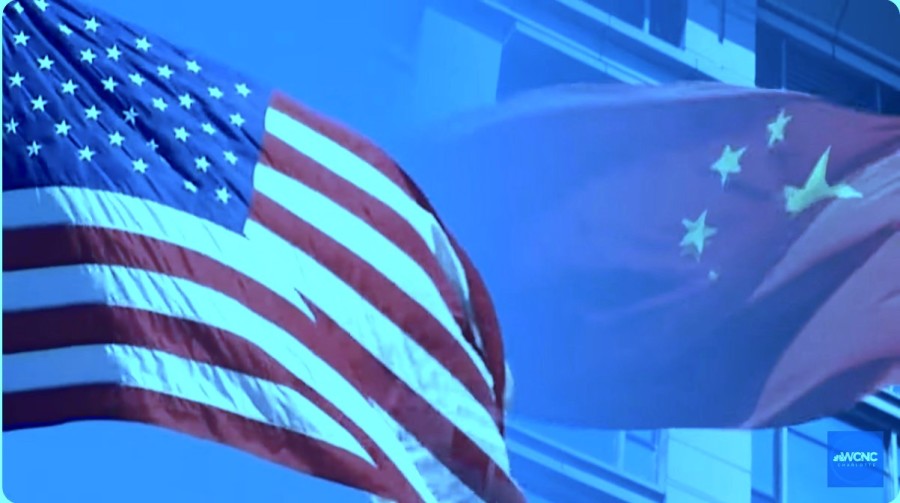
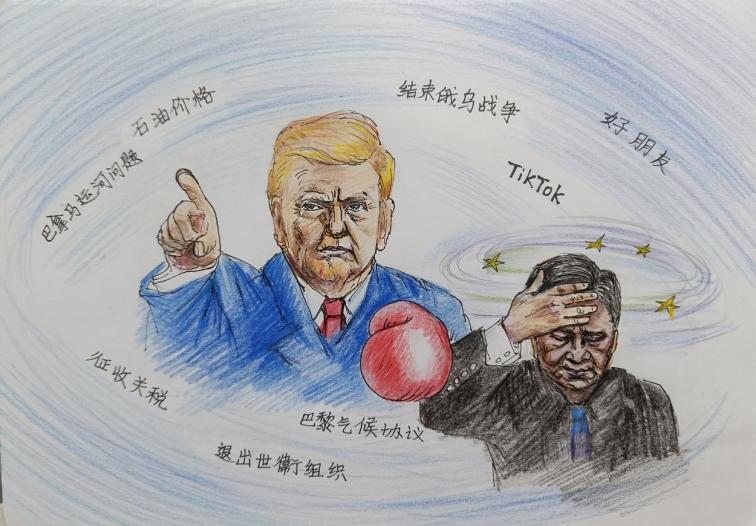


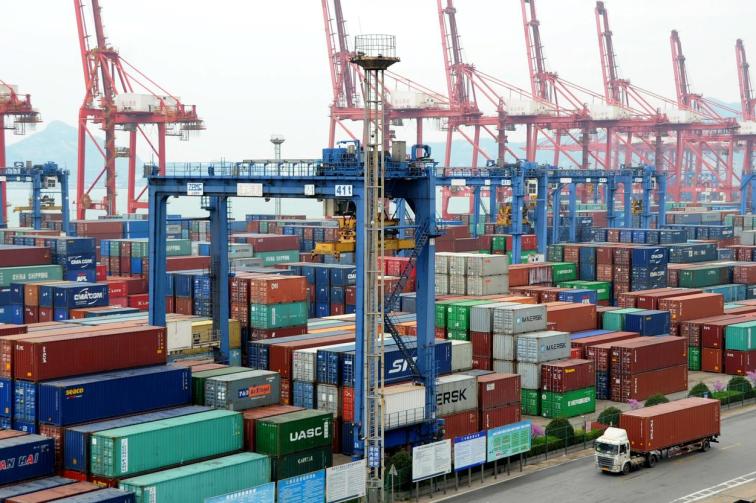
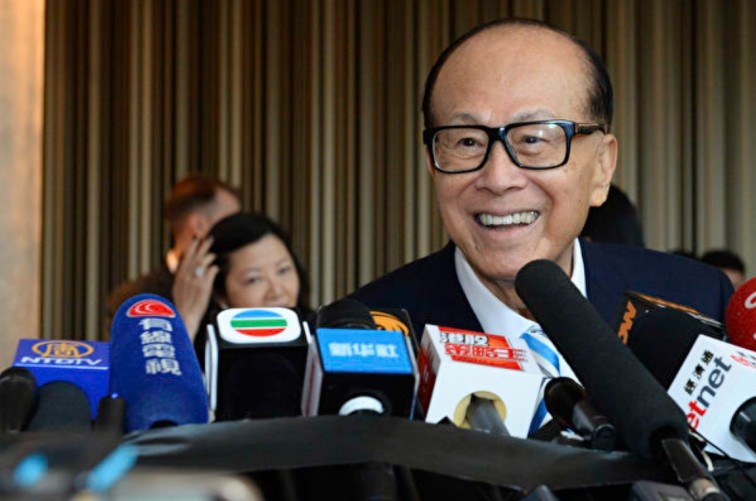
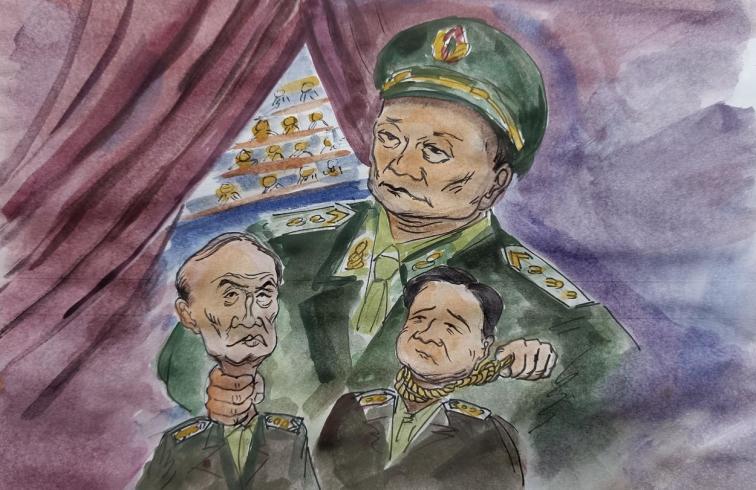


News magazine bootstrap themes!
I like this themes, fast loading and look profesional
Thank you Carlos!
You're welcome!
Please support me with give positive rating!
Yes Sure!